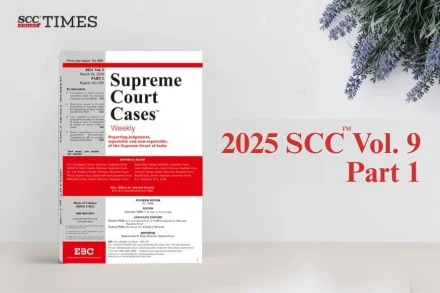
2025 SCC Vol. 9 Part 1
2025 SCC Vol. 9 Part 1: Explore the latest Supreme Court Cases on Constitution, Arbitration and Conciliation, Motor Vehicles Act, and Criminal Law.

2025 SCC Vol. 9 Part 1: Explore the latest Supreme Court Cases on Constitution, Arbitration and Conciliation, Motor Vehicles Act, and Criminal Law.

The Court emphasised on the settled position that when two views are possible to a case, then the one that is favours the accused must be adopted.
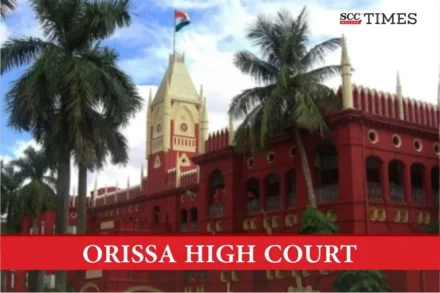
“It is never the intention of the legislature to say that merely because two persons were residing together in a house along with others and one of them suffered homicidal death, it would not necessarily mean that the deceased was last seen in the company of others.”
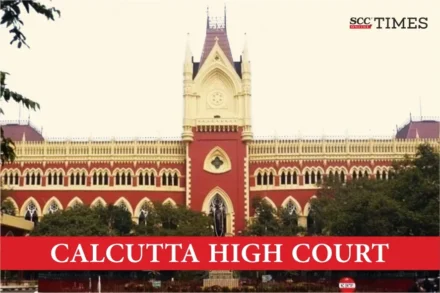
The Calcutta High Court criticised the trial court for not properly assessing the evidence and for erroneously applying legal principles and set aside conviction on prosecution’s failure to establish guilt beyond a reasonable doubt.
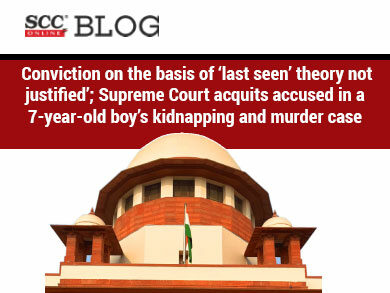
The Supreme Court was of the view that the basic principle of criminal jurisprudence is that in circumstantial evidence cases, the prosecution is obliged to prove each circumstance, as well the as the links between all circumstances, beyond reasonable doubt. Such circumstances, taken cumulatively, should form a chain so complete that there is no escape from the conclusion that within all human probability, the crime was committed by the accused and the same should unerringly point towards the guilt of the accused.
Sikkim High Court: Meenakshi Madan Rai J., while acquitting the accused charged under section 302, 392 and 427 of IPC held that
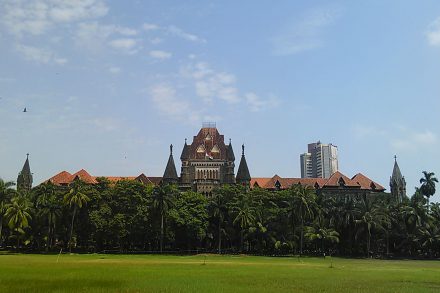
Bombay High Court: The Division Bench of Sadhana S. Jadhav and N.J. Jamadar, JJ., while addressing the present matter, expressed that: Where